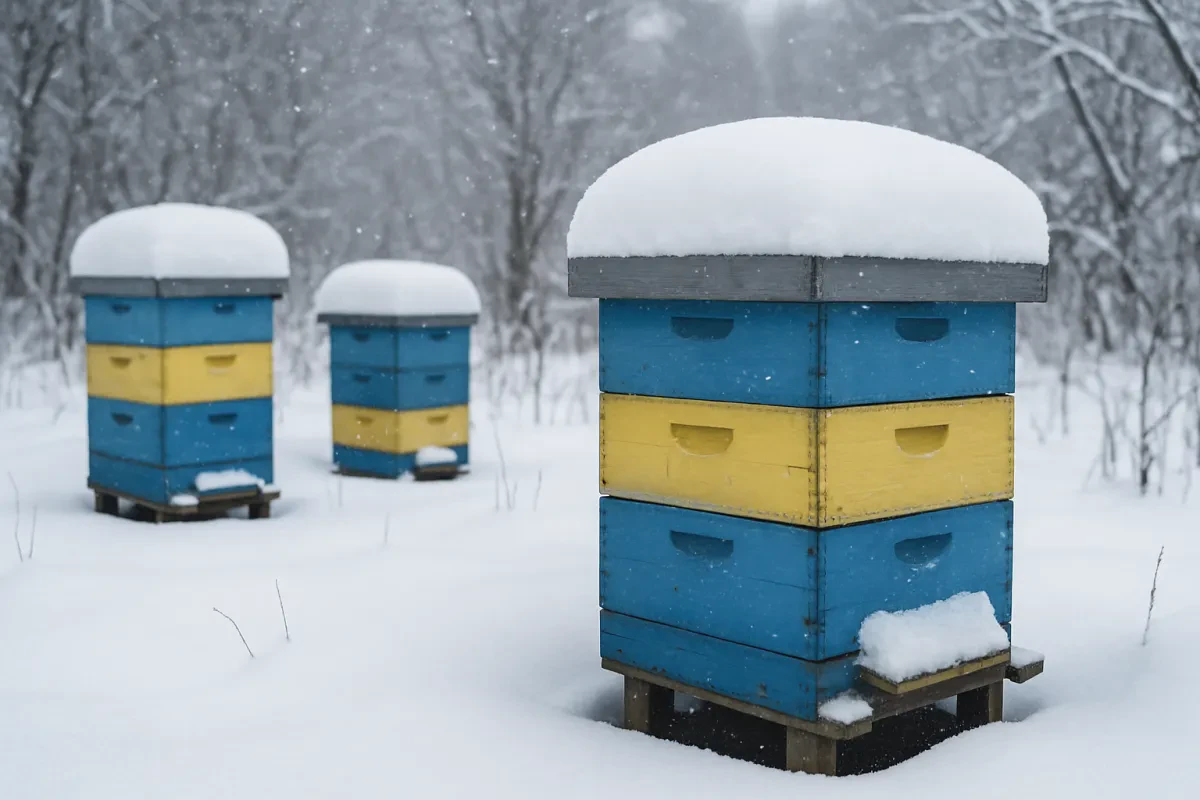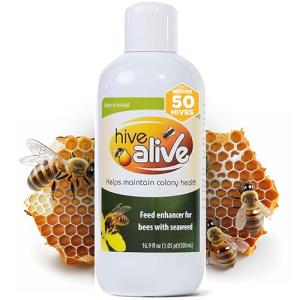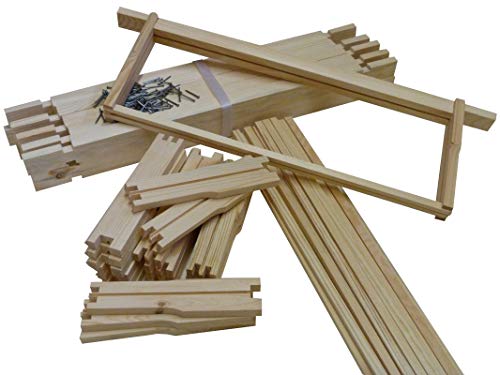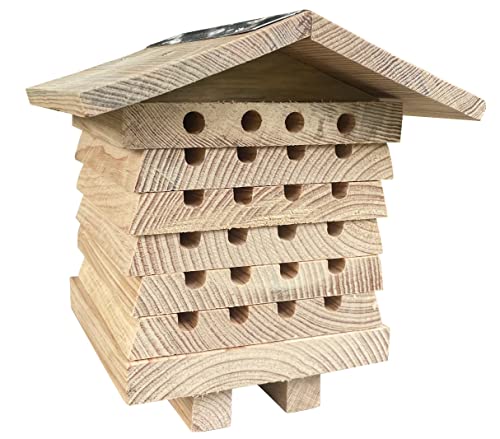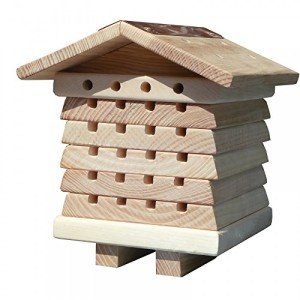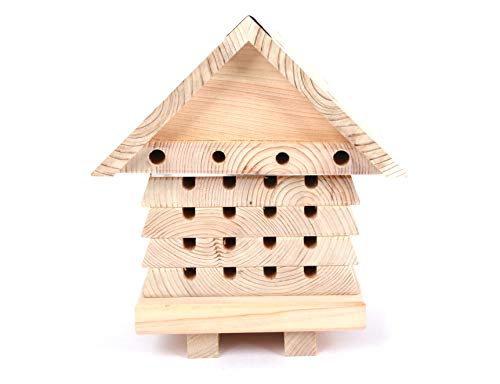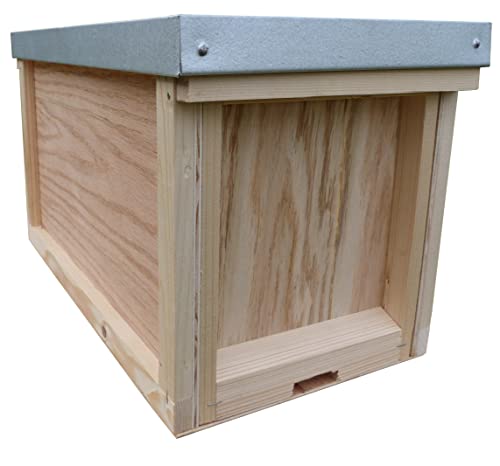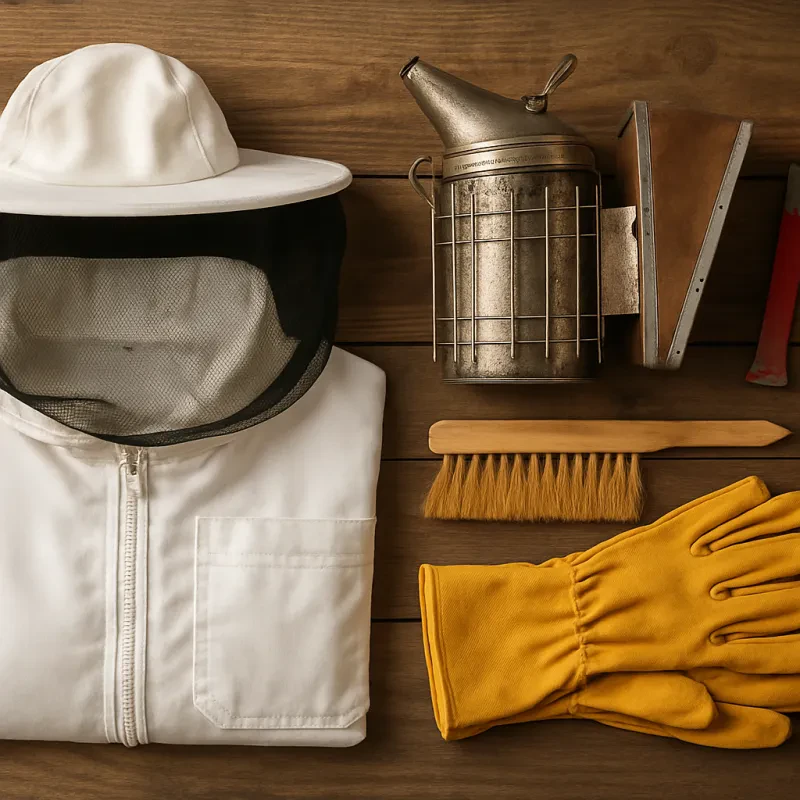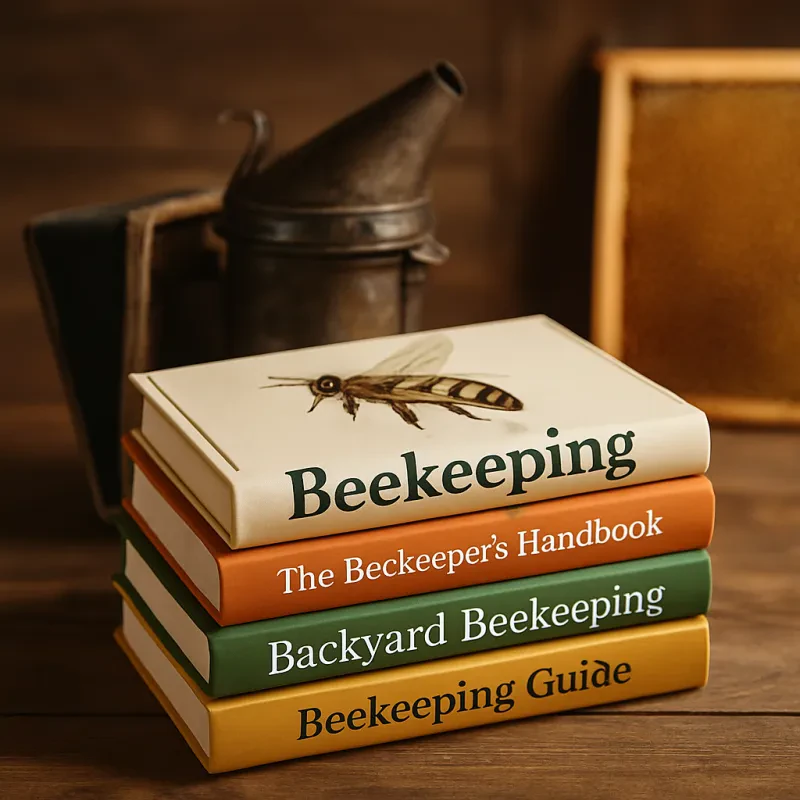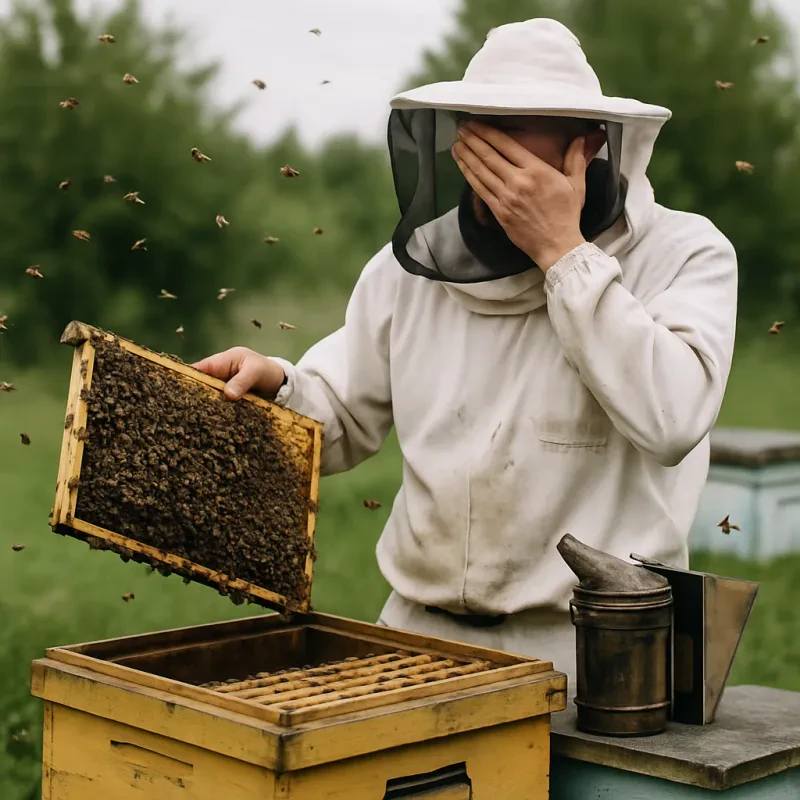Getting your hives ready for winter is super important for keeping your bees healthy and happy. Winterizing bee hives is about more than just wrapping them up; it’s all about ensuring your colony has enough food and protection from the cold. Here are some tips to make sure your bees make it through the chilly months.
First off, check your bee population. A strong colony has a better chance of surviving winter. If your hives are weak, consider combining them with stronger ones. This way, the bees can pool their resources and huddle together for warmth.
Next, inspect the honey stores. Your bees need plenty of food to last until spring, so make sure they’ve got enough honey to munch on. You might want to feed them with sugar syrup or honey if their supplies seem low. Just make sure the sugar syrup is thick enough; bees can freeze up if it’s too watery.
Now, let’s talk about insulation. Wrap your hives or use special insulation blankets to help keep them warm. This works wonders against the harsh winter winds. Just be careful not to block the entrance; your bees need to breathe and come and go if the weather allows.
Lastly, make sure your hives are well-ventilated. Moisture can build up inside, which isn’t good for your bees. You want to help the moisture escape but keep them safe from the elements. A vent box or just leaving a small crack can do the trick. Winterizing bee hives doesn’t have to be a hassle; with a bit of preparation, your bees will be cozy and ready to thrive come spring!
Essential Supplies for Winter Beekeeping
Winter is coming, and that means it’s time to focus on winterizing bee hives. Keeping your bees healthy during the cold months is super important. Here are some essential supplies you’ll need to help your buzzing friends make it through the chill.
First up, don’t underestimate the power of insulation. Using bee cozy wraps or insulating hive covers can help keep those temperatures steady inside the hive. This extra layer helps protect your bees from freezing winds and keeps the warmth in—kind of like a nice warm blanket for them!
Next, you’ll want to make sure your bees have plenty of food. As they can’t go out foraging in the winter, stock up on some quality sugar syrup or fondant. You can also use pollen patties if you want to provide some extra protein. Just make sure to check on their food supply periodically; a little pantry stocking goes a long way!
Don’t forget about ventilation, too! It’s easy for moisture to build up inside the hive during winter, which can lead to some serious problems. Installing moisture-absorbing materials or a top entrance can help keep air circulating and prevent dampness. Your bees will thank you for it!
Lastly, keep an eye out for pests. A small entrance reducer can help keep unwanted critters out while still allowing your bees to enter and exit. It’s a simple step to protect your hive from those winter invaders, making your job a whole lot easier.
HIVE ALIVE: Natural Bee Food Supplement, Enhances Bee Health
Product information
£65.00
Product Review Score
4.57 out of 5 stars
68 reviewsProduct links
Check for Pests and Diseases
When you're winterizing bee hives, checking for pests and diseases is a must. If your bees are battling unwanted guests or illness, they won't make it through the cold months. So, let’s get into what to look out for.
Start by doing a thorough visual inspection. Look for signs of common pests like varroa mites, small hive beetles, and wax moths. These little critters can do serious damage if left unchecked. If you notice them, there are treatments available, like powdered sugar dusting for mites or traps for beetles.
Next, check for diseases. American foulbrood and Nosema are two big ones that can harm your hive. American foulbrood has a distinct smell, and infected larvae may appear discolored. Nosema might show itself as bees crawling outside the hive. If you suspect either, act fast; there are treatments out there to help manage these issues.
Don’t forget to keep an eye on your bees’ overall behavior too. Are they still bringing in pollen? Are they active on warmer days? If something seems off, it’s worth investigating further. You want your colony to be as healthy as possible before the winter chill sets in.
10 National Beehive Frames - AGS Super Beekeeping
Enhance Your Beekeeping Experience with Top-Quality National Beehive Frames from AGS!
Product information
Product Review Score
4.96 out of 5 stars
200 reviewsProduct links
Feeding Bees for Winter Survival
As the chilly months approach, winterizing bee hives becomes essential for the survival of your bee colony. Bees in colder climates need extra care, and feeding them properly ensures they have the energy to endure the long, harsh winter. Let’s dive into how you can prep your hives for the cold.
First off, consider providing sugar syrup as food. Mixing two parts sugar with one part water creates a thick syrup that bees can store as honey. Start feeding them this syrup in the fall when they’re stocking up. It’s like a warm snack before the freeze arrives. You can switch it up with fondant in late winter, which is easier for bees to access when temperatures drop.
Pro tip: Check your hive’s food stores before the first frost hits. Open the top and peek inside to see if they’ve got enough to last them through winter. If it’s looking a bit low, don’t hesitate to supplement. Just ensure the food is in a place they can get to without too much work.
Don’t forget about the bee’s well-being! Strong colonies are more likely to make it through winter. Giving your bees the right amount of protein and minerals will help them stay healthy. Pollen patties can be super helpful during this time. Toss in a few patties if your bees seem to need them — it’s like adding a vitamin boost to their diet!
Keep an eye on moisture levels inside your hives, too. A wet environment can cause mold and other issues. Make sure your hives are ventilated properly. Slight airflow helps keep the interior dry without letting in too much cold air. Preparing for winter isn’t just about food; it’s about creating a cozy, safe environment for your little buzzers.
